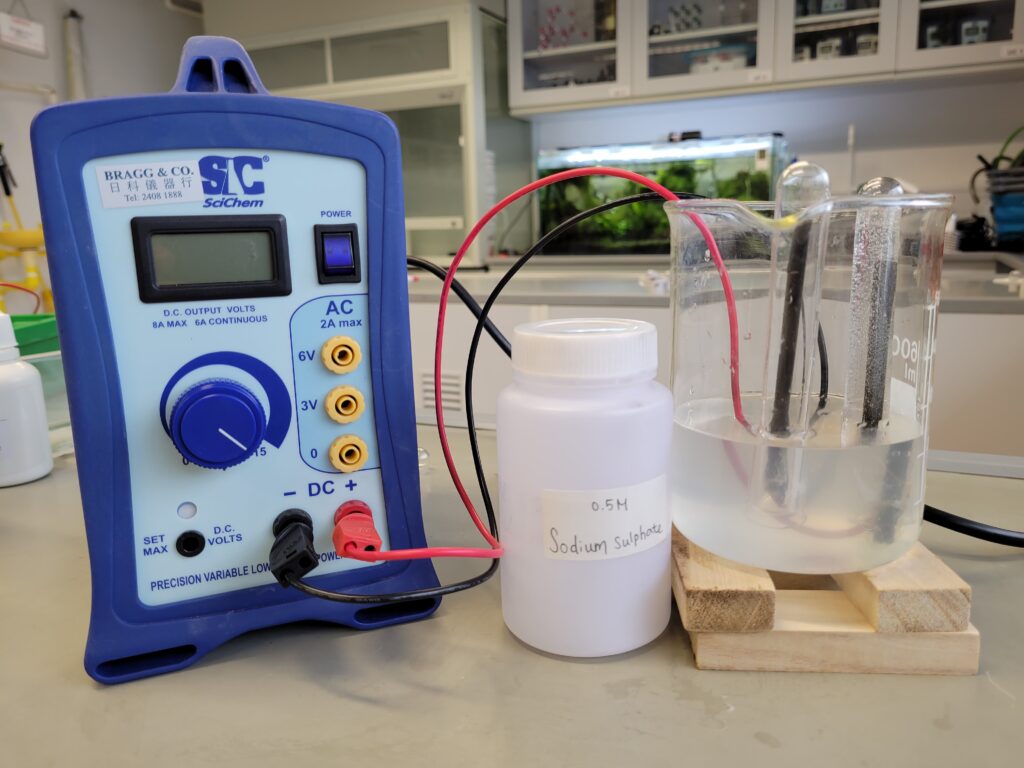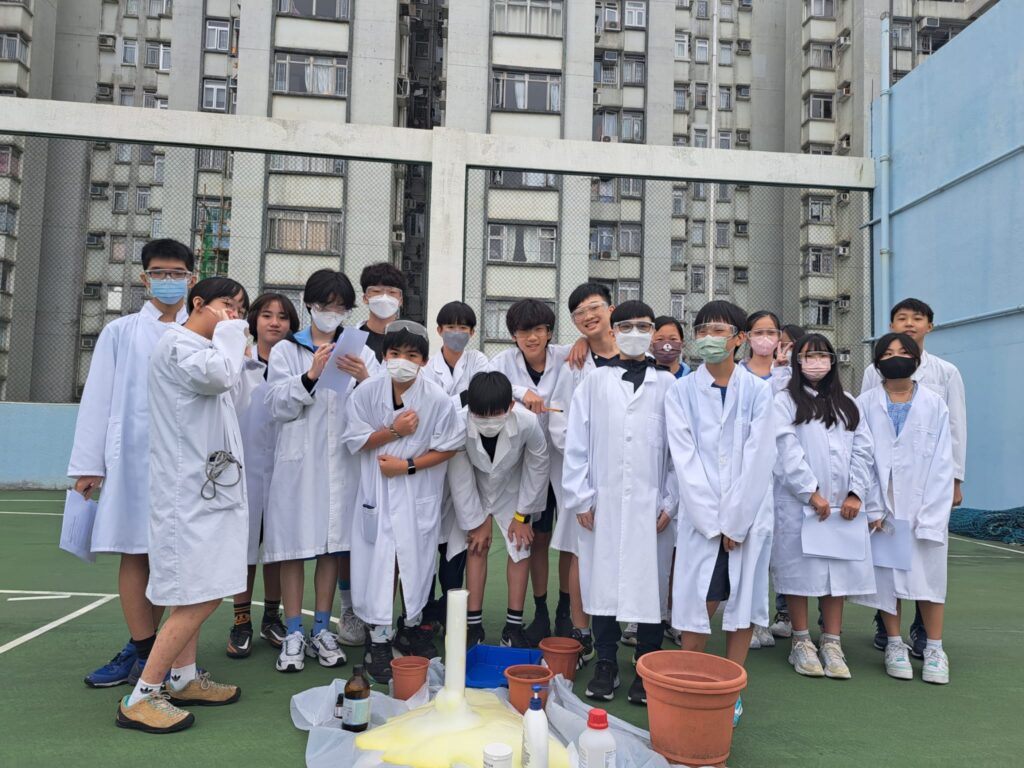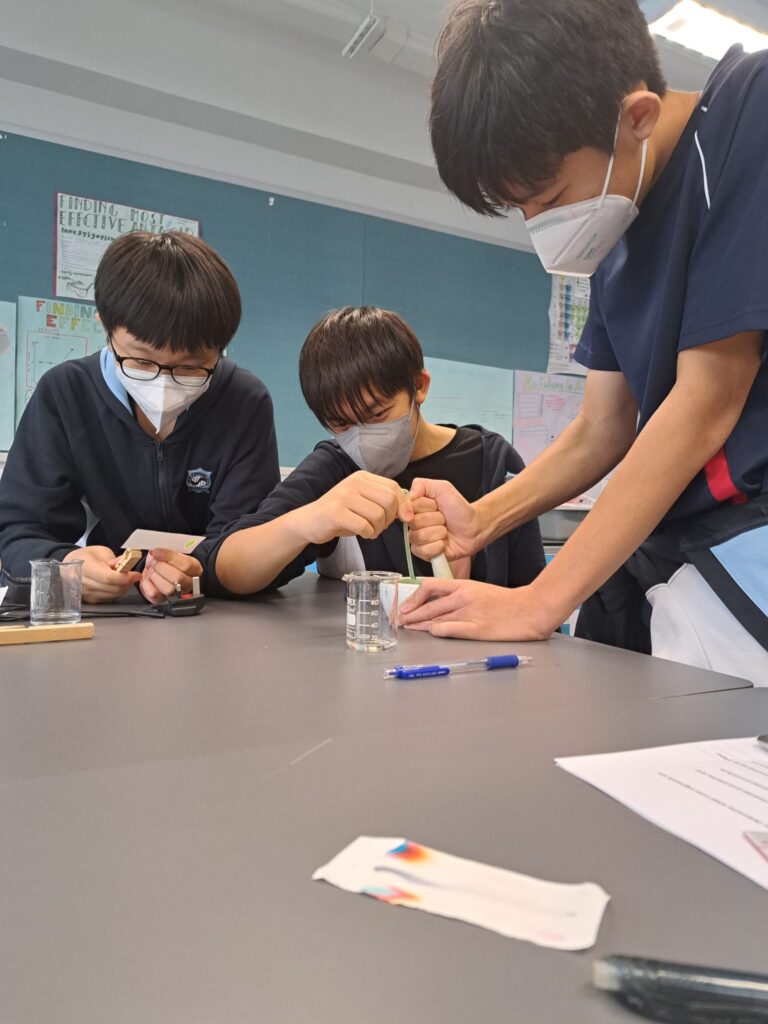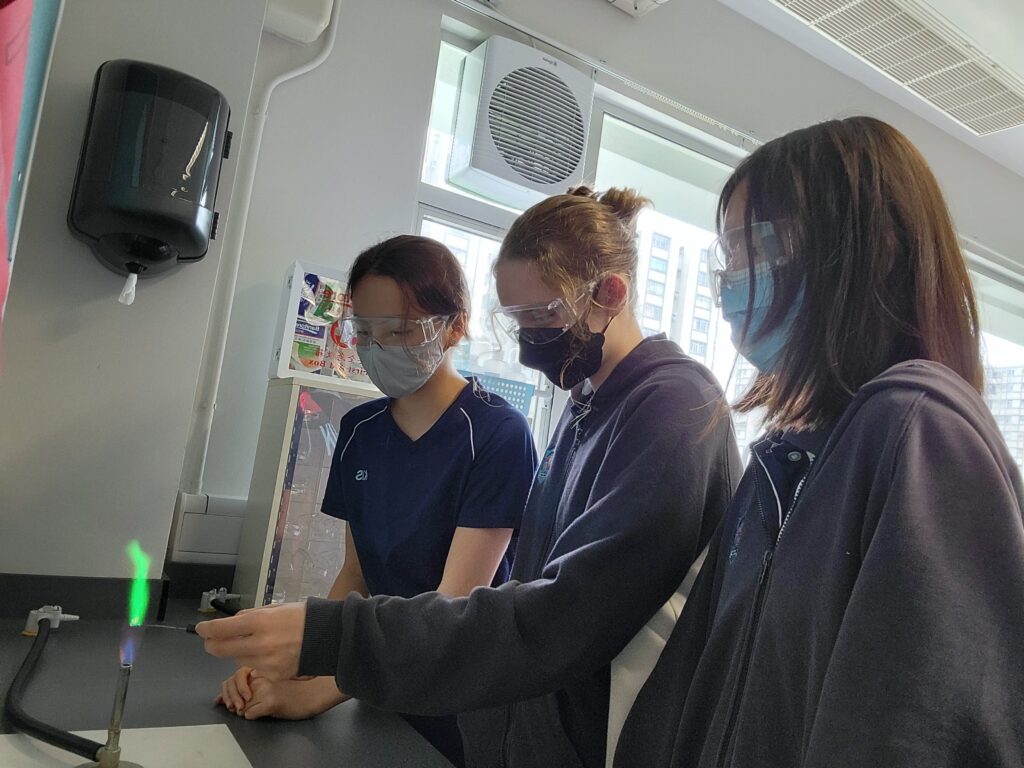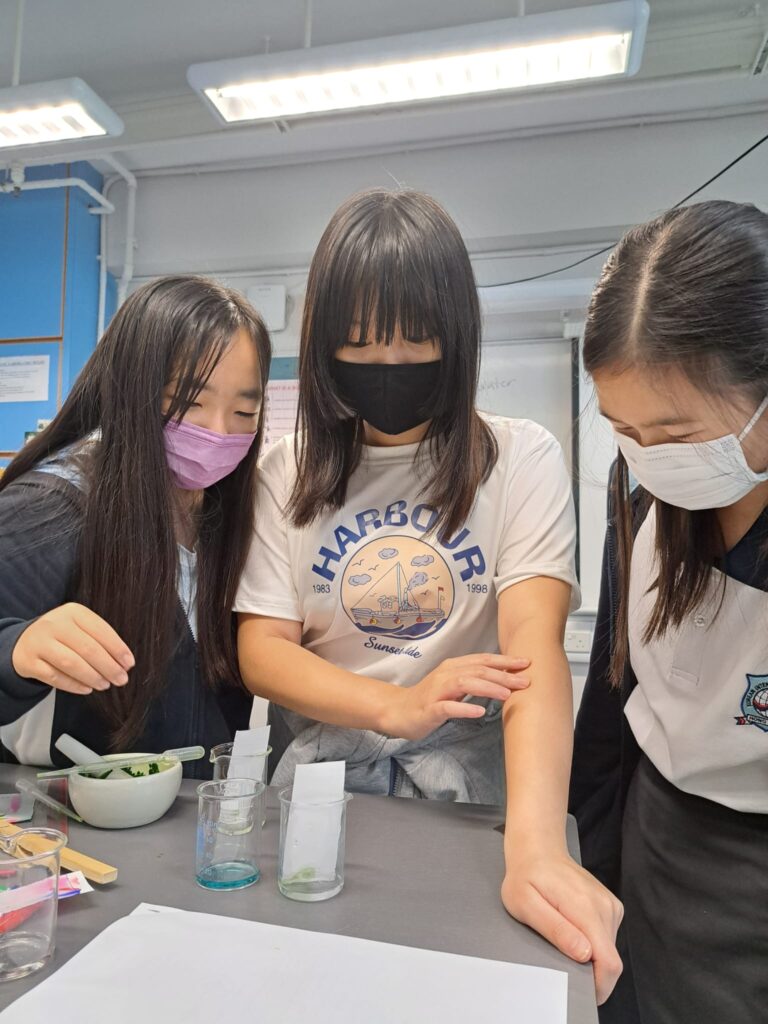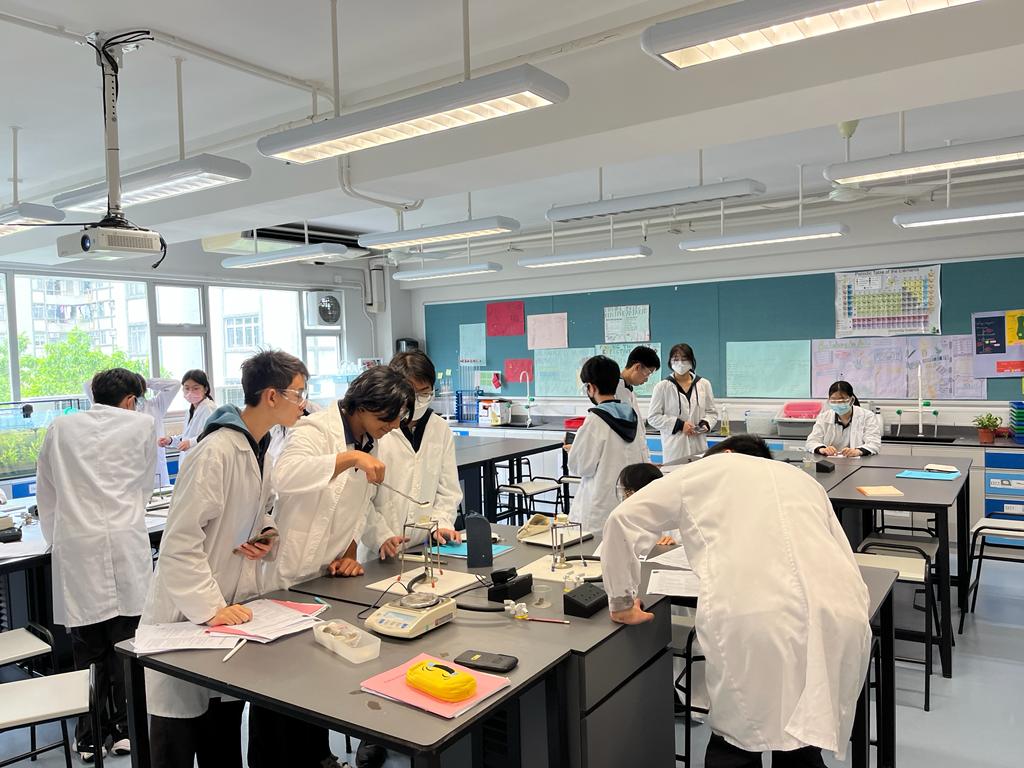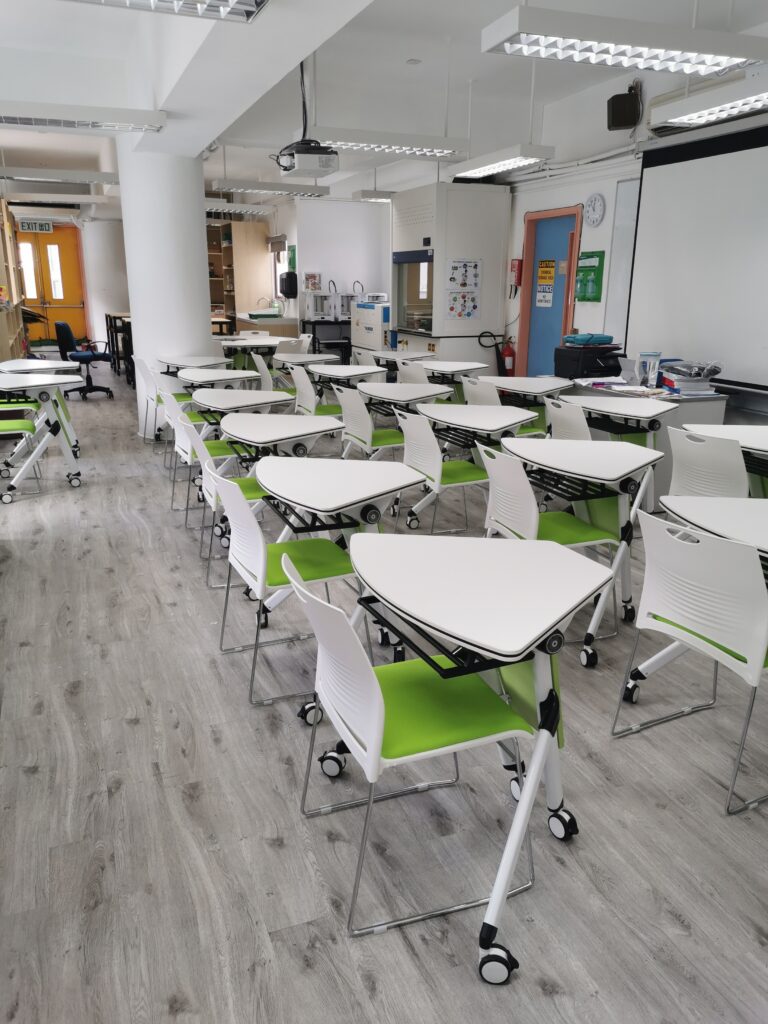SCIENCE
“What we know is a drop, what we don’t know is an ocean.”
Isaac Newton
Introduction
As any parent can tell you, the growing mind of a child is full of endless questions about their world. And “Why” is a simple question that is and was the starting point of a myriad of scientific inquiries:
- Why do fruits fall from trees?
- Why can we see light or hear the sound?
- Why do some molecules react together quicker than others?
At the Korean International School of Hong Kong (KIS), the Science department creates an environment that encourages all our students to ask the “Why” questions in Biology, Physics, Chemistry, Psychology, STEM (Science, Technology, Engineering, and Mathematics) and Lower Secondary Science.
With an experienced team of subject experts and lab technicians, the Science department has over 30 years of cumulative experience in planning and implementing inquiry-based lessons, projects and experiments that creates a rich learning environment to foster an inquisitive mindset in our students, where they ask and search for answers to the “Why” questions.

